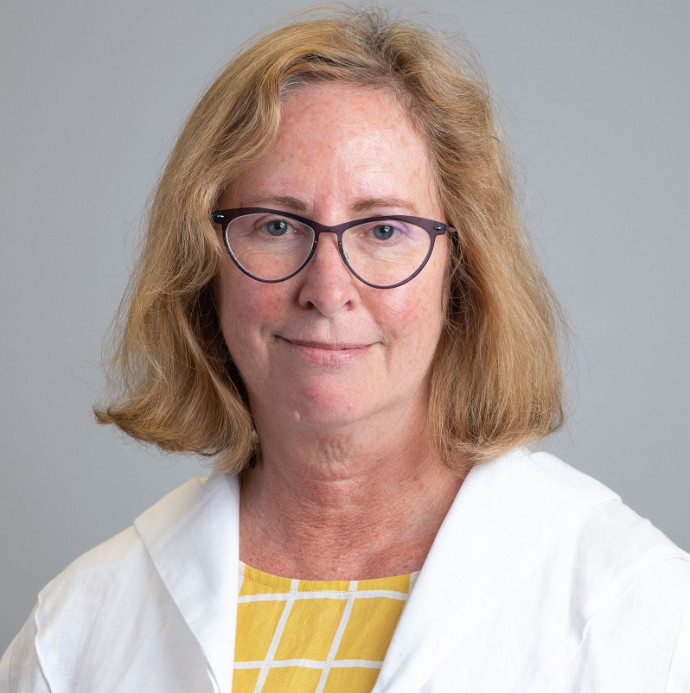Professor Missy Morton

Missy Morton is a Professor of Disability Studies and Inclusive Education at the University of Auckland.
Missy has previously been Head of School in the School of Education Studies and Leadership at the University of Canterbury. She has led or worked on a number of Ministry of Education projects focused on supporting teachers and schools to build their confidence and competence in ensuring all learners are welcomed, they are learning and achieving and have a real sense of belonging.
Q. Why did you join the panel?
I hope the work of the panel can help New Zealand think about how we could move toward a society that enables all people, their participation and belonging as valued members of our society. Currently there are many aspects of our society that are disabling. The work of the panel will help us understand what we do that is disabling, and ways we might change this. Schools are where we learn many of our values. Schools are also a place where we learn that other people can have values different to our own.
Q. What do you bring to the panel?
I come to the panel wearing two hats: inclusive education and disability studies. When I was working for IHC in the 80s, some schools wanted to support disabled children to stay in the school and the community. “We don’t want to send our kids away,” they said. “We have to work out how to support them.” This gave me lots of hope. These communities were doing this before there was any legislation to make them do this, and they were willing to learn as they went, rather than not trying anything until they had all the answers.
I hope the work of the panel will help everyone think about whose life is “worth living?” and how we shift society so that everyone believes and sees that everyone’s life is worth living. Schools need good examples and resources and to keep teachers physically safe and so on. Employers need this too.
Disability Studies are more recent frameworks that help us interrogate many taken-for-granted assumptions, beliefs and practices around disability and disabled people’s aspirations and contributions.
Q. Where is the future likely to drive us if there isn’t any change?
Latest figures show that 20-25% of New Zealanders will live with a disability at some point in their life. I hope we can move away from this binary notion of being either able bodied or disabled to thinking about disability as a continuum. We also need to think about some ideal of being totally independent and autonomous individuals. Indeed, as infants we are all completely dependent on others and we are ok with that, but at a certain point we don’t want to lose our independence. The reality is that none of us are truly independent, we are all interdependent.
Q. Are you optimistic about the future?
Yes and this is where education, including schools comes in. School is the microcosm of society. It’s a place where children learn values, so it’s really important that they see people with disabilities contributing to society, seeing disabled people in leadership, understanding the contributions of disabled people to our history in Aotearoa. The panel has the potential to contributing to new understandings of how schools shape expectations of the value of all people.
Professor Missy Morton
Latest figures show that 20-25% of New Zealanders will live with a disability at some point in their life. I hope we can move away from this binary notion of being either able bodied or disabled to thinking about disability as a continuum.
